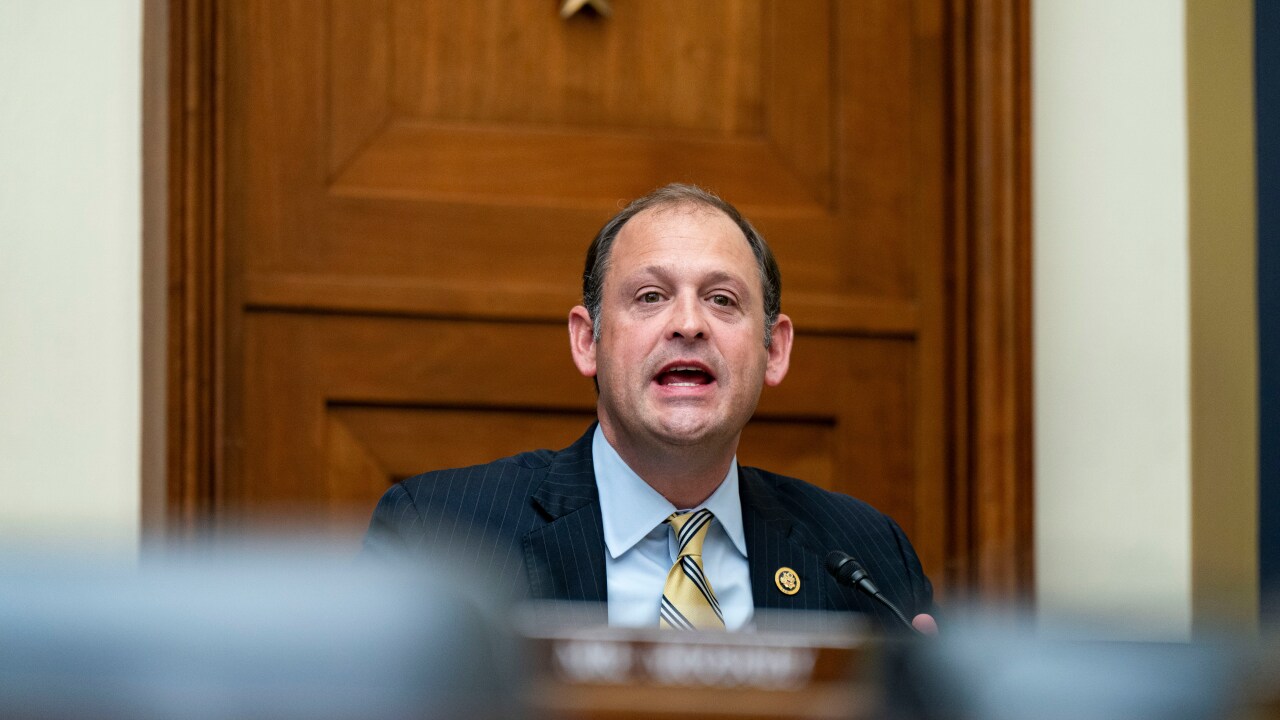
BRADENTON, Fla. - Abuse of authority and an apparently unauthorized accounting practice resulted in a financial deficit at the Georgia Department of Transportation that violated the state's constitution, according to investigations released late Monday by the state's auditor and inspector general.
The practices risked the state's financial stability and its triple-A bond rating by violating Georgia's constitution, which mandates a balanced budget, said a
Former GDOT treasurer Earl Mahfuz was alleged to have abused his authority when he instructed staff to stop entering $154 million in contracts into the agency's books "to hide the true state of GDOT's finances,"
Mahfuz has denied giving those orders.
The investigations grew out of GDOT's fiscal 2008 financial statements in which state auditors uncovered a nearly $500 million deficit, although budget problems surfaced early last year and required the State Transportation Board to make budget amendments.
In June 2008, the 13-member board that oversees GDOT adopted a financial management plan to pay down an estimated $1.2 billion deficit in order to balance the fiscal 2008 budget.
That plan included cutting costs and using $473 million in advance construction funds and receivable payments available from the Federal Highway Administration.
It also entailed using $31.3 million in interest from grant anticipation revenue vehicle bonds and $23 million in federal reimbursements on Garvee bond debt payments as well as other Garvee bond proceeds that would be recognized as "positive income."
At the time, a state official told The Bond Buyer that the deficit was incurred largely because the department's budgeting practices historically were influenced by politics.
"When someone wanted a project done, we would add it to our list," GDOT spokesman David Spears said last year. "We'd been operating on the principle that we were going to receive money from the FHA or from a bond sale and encumber funds before we actually had the funds in hand."
That was true, according to state auditors, who said GDOT appeared to have implemented a practice to cash flow its total construction program, which enabled the agency to have multi-year financial obligations.
However, there is no provision in Georgia law to use that methodology and GDOT should have sought a change in the constitution or through the Legislature before using it, auditors said.
The reports did not indicate that any bond proceeds were misspent.
GDOT is not authorized to sell debt, but it receives various bond proceeds from Garvees and state-issued general obligation bonds. Under two governor-sponsored initiatives in 2001 and 2004, the agency has been implementing an aggressive $23.8 billion multi-year transportation improvement program, which auditors cited in their report.
But the recent investigations also uncovered other potential irregularities.
"Two invalid budget amendments and overstated federal accounts receivables masked the GDOT statutory deficit of $2.2 billion as of June 30, 2007," said auditors, noting that cash disbursements to construction companies nearly doubled between 2006 and 2008. "The operating environment ... was dysfunctional to the extent that GDOT was ripe for fraud, waste, abuse, and mismanagement."
Neither state auditors nor the inspector general recommended action against any state employee, and they noted that changes to accounting practices had already taken place at the department.
However, Gov. Sonny Perdue called the accounting practice "Enron-like" and said it would not be tolerated.
"I strongly encourage the attorney general to examine these reports and ... take appropriate action to address these allegations of financial impropriety," Perdue said in a statement.
GDOT representatives could not be reached for comment.





